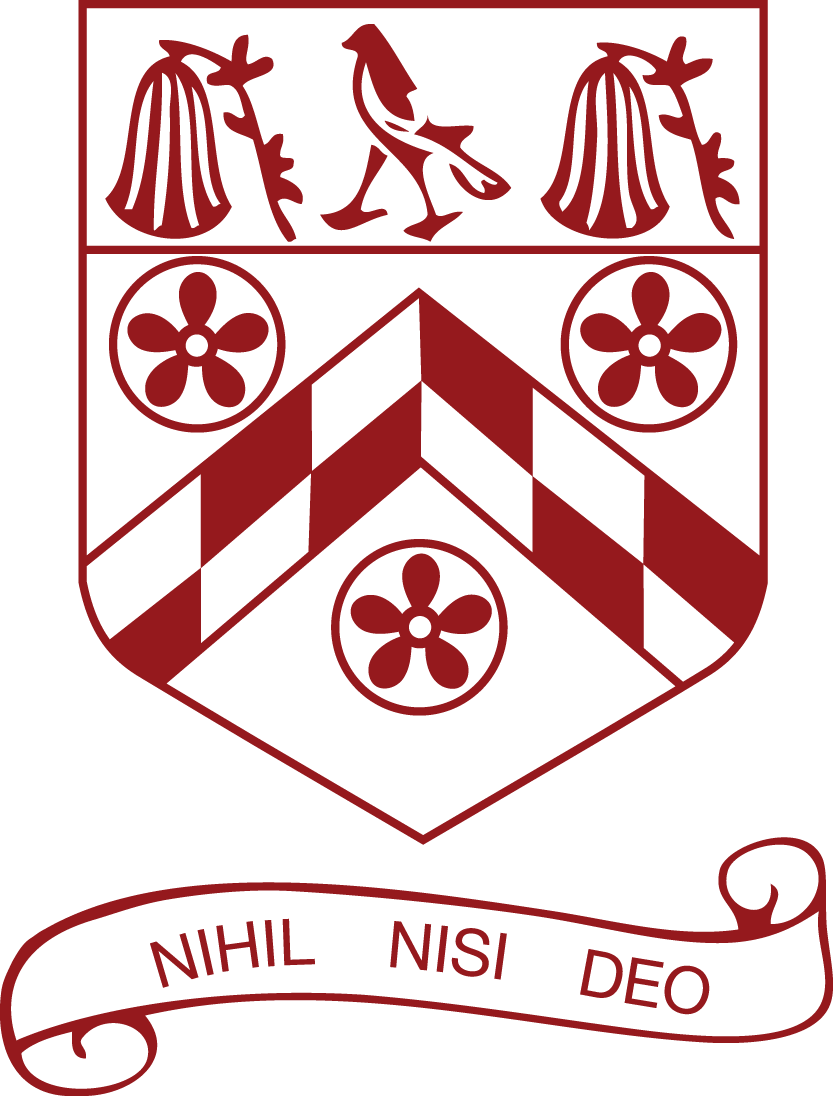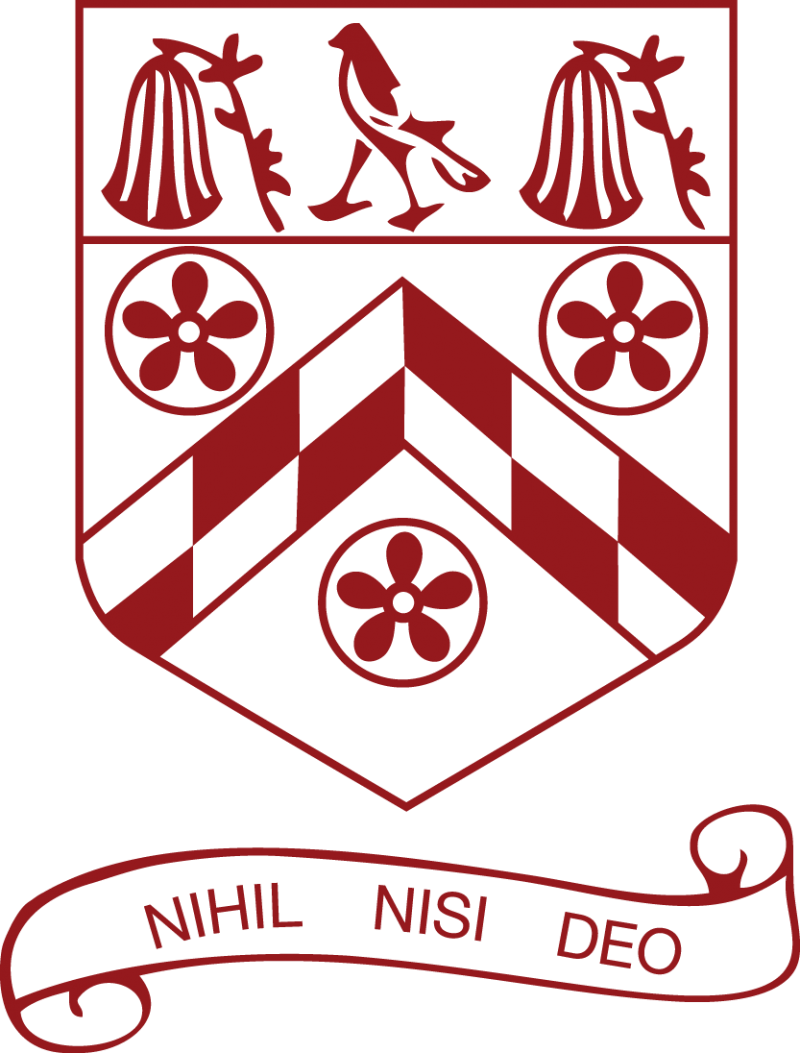Main School
Art
Creativity is critical thinking and without it how are you going to open up and ask harder questions? Art opens up those… possibilities to think beyond what we already know. Catherine Opie, artist
The Art Department aims to develop students’ visual literacy so that they can engage with visual art forms and cultivate an appreciation of others’ ideas, beliefs, culture and artistic achievement. We highlight the importance of Art and Design as both a form of communication and a means of expressing ideas and feelings. Through practical art making, we seek to develop students’ manual dexterity, independent working skills and understanding of design development.
In line with the National Curriculum, our intent is to ensure that:
- projects engage, inspire and challenge pupils, equipping them with the knowledge and skills to experiment, invent and create their own works of art, craft and design
- students become proficient in drawing, painting, sculpture and other art, craft and design techniques so they can explore their ideas and record their experiences with confidence and clarity
- students learn about great artists, craft makers and designers, and understand the historical and cultural development of their art forms
- students learn how to think critically and analyse and evaluate artwork so that they can develop a more rigorous understanding of art and design
- how art and design both reflect and shape our history, and contribute to the culture, creativity and wealth of our nation
The KS3 course supports the early development of students' visual literacy, so that they can appreciate and understand art forms and engage in visual art activities. The course aims to build solid foundations in order to give students the skills and understanding required to fully access and achieve success in later key stages. Emphasis is given to developing basic drawing and painting skills, learning about the work of key contemporary and historical artists and encouraging confidence and self-expression.
KS3 Objectives:
- to develop understanding of visual language through analysis and evaluation of contextual sources
- to develop understanding of the design process (project activities are sequential and will lead students through a process of experimentation, evaluation and refinement)
- to develop technical fluency through observational drawing practice
- to record ideas in a sketchbook, demonstrating creative presentation skills
- to increase proficiency in the handling of a range of materials and techniques
- to learn about the history of art, craft, design and architecture, including periods, styles and major movements from ancient times up to the present day
The KS4 course continues to support the development of students’ intellectual and analytical skills, encouraging appreciation of a wide range of different ideas, beliefs and cultures. Students have the opportunity to work with a wider range of materials and processes than at KS3 and are encouraged to develop their own starting points and briefs. OCR GCSE Fine Art consists of two units: Portfolio (60%) and Externally Set Task (40%). Unit 1 (Portfolio) begins in Year 10 and concludes during Term 2 of Year 11. Students are required to demonstrate their drawing and painting skills as well as their ability to research ideas, analyse artists’ work and sustain a design development. In Unit 2 (ESA), students have to respond to one of five themes issued by OCR in Term 3 of Year 11. Students then have a preparatory period to research, plan, and develop ideas leading to a final outcome based on their chosen theme. The final outcome will be completed during a 10-hour supervised time period which takes place over two school days.
KS4 Objectives:
- to actively engage in the creative process of art, craft and design in order to develop as effective and independent learners, and as critical and reflective thinkers with enquiring minds
- to develop creative, imaginative and intuitive capabilities when exploring and making images, artefacts and products
- to become confident in taking risks and learn from experience when exploring and experimenting with ideas, processes, media, materials and techniques
- to develop critical understanding through investigative, analytical, experimental, practical, technical and expressive skills
- to develop and refine ideas and proposals, personal outcomes or solutions with increasing independence
- to acquire and develop technical skills through working with a broad range of media, materials, techniques, processes and technologies with purpose and intent
- to develop knowledge and understanding of art, craft and design in historical and contemporary contexts, societies and cultures
- to develop an awareness of the purposes, intentions and functions of art, craft and design in a variety of contexts and as appropriate to learners’ own work
- to demonstrate safe working practices in art, craft and design.

